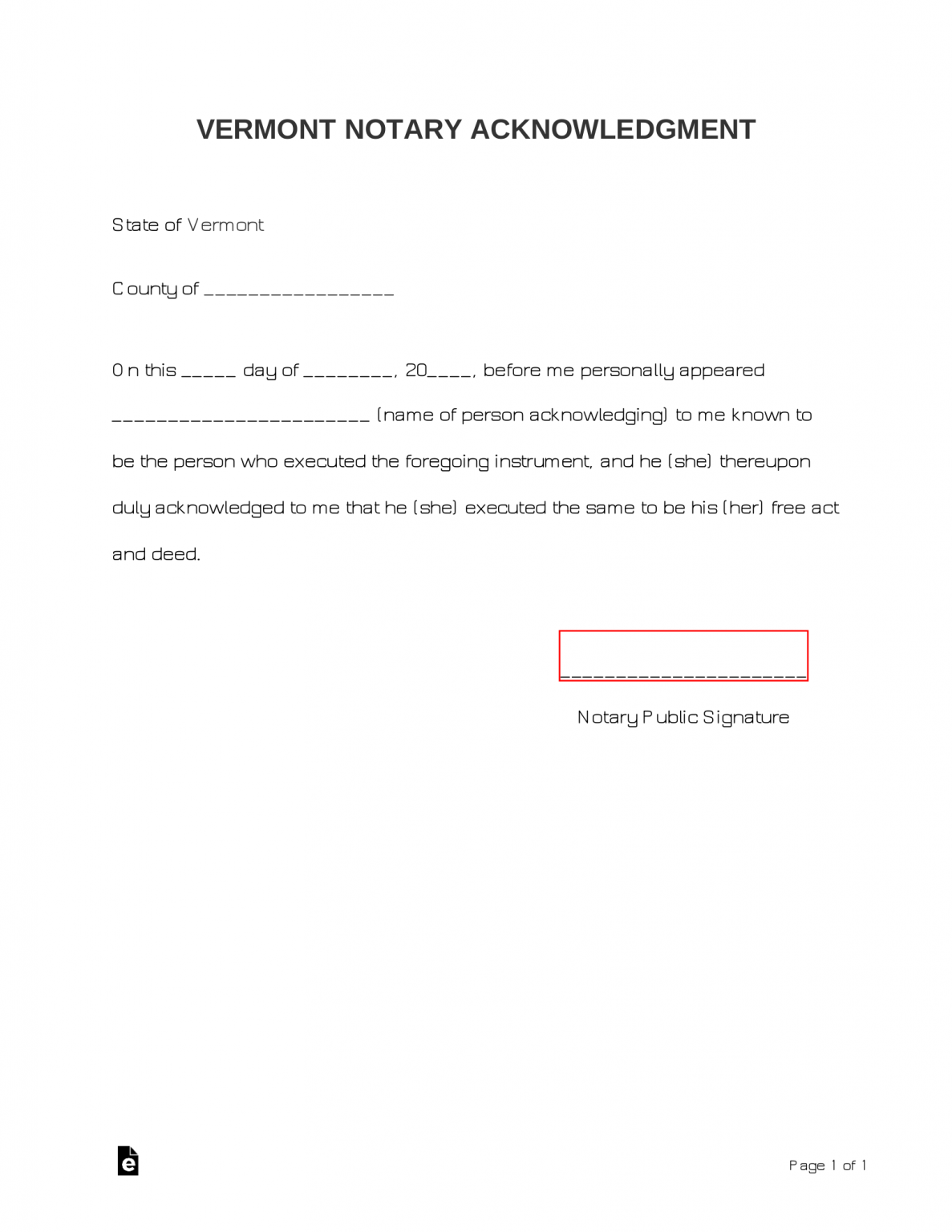
Stating Sum for Which Judgment May be Entered.
#DOES A WILL HAVE TO BE NOTARIZED IN NEW YORK STATE PDF#
Plaintiff must have the original “wet ink” notarized affidavit and not a photocopy, pdf or fax copy of it. § 1746) or the law of some states (see N.J. It must be a notarized affidavit that has been notarized by a notary public and not just “signed under penalty of perjury” as permitted under federal law (see 28 U.S.C. Plaintiff must have an original notarized “wet ink” COJ affidavit from the defendant. The specific requirements for COJ in NY are specified in Civil Procedure Law & Rules (CPLR) 3218. However, if the buyer/customer fails to perform the seller may obtain entry of the COJ without the need to bring a lawsuit to determine liability. If the buyer/customer performs as agreed neither the guaranty nor the COJ will be needed. To avoid the need to have to bring a lawsuit to enforce the personal guaranty, the seller of goods or provider of services may require that the personal guaranty be backstopped by a COJ of the guarantor. For example, if a business is providing goods or services to another business on credit terms, but is not satisfied with the credit worthiness (either because the business had bad credit or was a start-up business without a credit history), the seller of the goods or provider of the services can demand a personal guaranty from one or more of the principals of the buyer. In terms of a contingent liability, a COJ can be used to secure a personal guaranty. If the account debtor fails to pay as agreed the COJ can then be entered as a judgment and once entered enforced like any other judgment. Typically, a COJ might be used to backstop a settlement agreement where a creditor has permitted an account debtor to repay the debt over time in a payment plan. The COJ can either be for money currently due or becoming due in the future, or to secure the plaintiff against a contingent liability. Both individuals and entities (i.e., such as corporations and LLCs) can confess judgment. It is a document in the form of an affidavit by the party confessing judgment. Capacity meaning that they know what they are signing, that they understand how the assets are going to be distributed after their death, that they know what their assets are, what type of property they own and a general idea of the value of those assets.* * * Please note that we do not handle Merchant Cash Advance (MCA) lending matters, or Confessions of Judgment (COJ) given in a MCA transactions.* * *Ī confession of judgment (“COJ”) in New York is a way for a party to obtain a judgment without the need to bring a lawsuit. The testator should also declare to the witnesses that they are signing a last will and testament so that everyone, essentially everyone in the room needs to know what is being signed. Essentially anyone who has something to gain by the document should not be a witness to it. It cannot be witnessed by anyone in the family or anyone who is mentioned in the will.

So if we’re talking about a standard client executing a will with an estate planning attorney, then it should be type written, the testator or the individual who is signing their will should sign at the end of the document and it should be witnessed by two disinterested witnesses. Those exceptions also have an expiration date where that will is only good for a certain amount of time. Those exceptions are very specific to armed forces during times of conflict and mariners who are at sea.

One requirement is that is has to be type written, with very few exceptions, a verbal will or a handwritten will, will not be accepted by the courts.

New York has a very specific statute that outlines exactly how a will needs to be executed in order for it to be a valid will in the state of New York. Echo "" screen mozallowfullscreen allowfullscreen> Return to FAQ Videos Transcript:


 0 kommentar(er)
0 kommentar(er)
